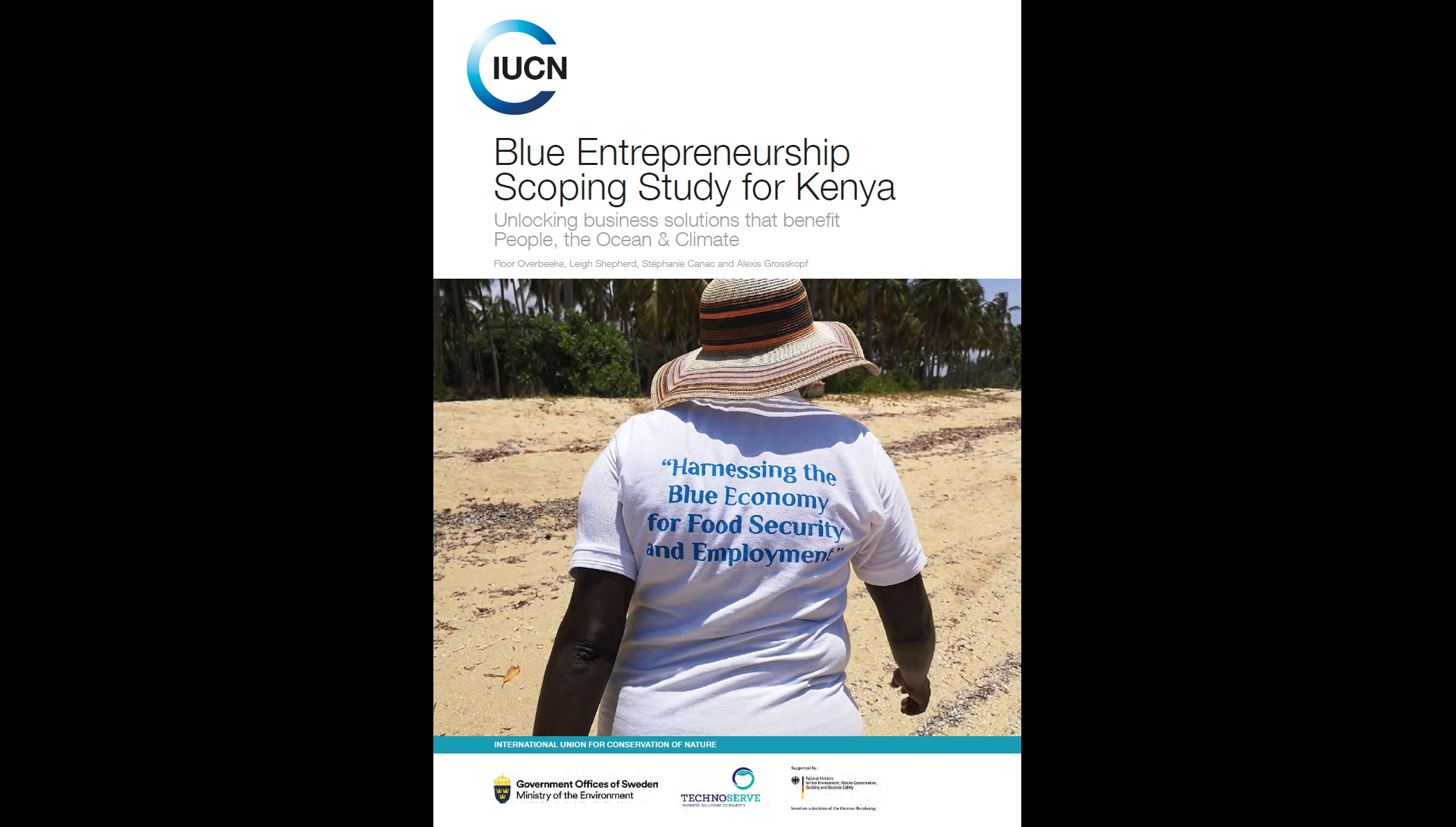The judiciary, a partner to tackle illegal wildlife trade
Illegal trade in wildlife is a growing business evolving into a multi-billion-dollar industry with sophisticated criminal networks, unlawful poaching, harvesting and trading animals and plants. Major contributing factors are persistent gaps and weaknesses in legislation coupled with poor implementation and low levels of compliance in most countries affected. These problems are compounded by cross-border challenges such as the absence of cooperation between law enforcement agencies, limited information exchanges and no harmonisation of wildlife laws.
The Environmental Law Centre is happy to release three reports carried out to analyse court cases related to illegal wildlife trade in target countries (Cameroon, Republic of Congo and China) to provide an overview of the problem in these countries, information and recommendations to strengthen the legal and judicial systems for addressing poaching and illegal wildlife trade. The reports, available in WILDLEX, follow a previous one for Tanzania released in 2016.
Furthermore, the Environmental Law Centre has developed an online course entitled “Wildlife crime: Legal and institutional aspects” which is available on the Centre’s e-learning platform, and accessible to all.
These reports and online course were funded by the German Federal Ministry for Economic Cooperation and Development as well as the German Federal Ministry of the Environment, Nature Conservation and Nuclear Safety through the Partnership against Poaching and Illegal Wildlife Trade in Africa and Asia.
Wildlife crime in the Republic of Congo
 Report on wildlife crime in Cameroon
Photo: IUCN ELC
Report on wildlife crime in Cameroon
Photo: IUCN ELC
 Report on wildlife crime in China
Photo: IUCN ELC
Report on wildlife crime in China
Photo: IUCN ELC
 Report on wildlife crime in the Republic of Congo
Photo: IUCN ELC
Report on wildlife crime in the Republic of Congo
Photo: IUCN ELC






